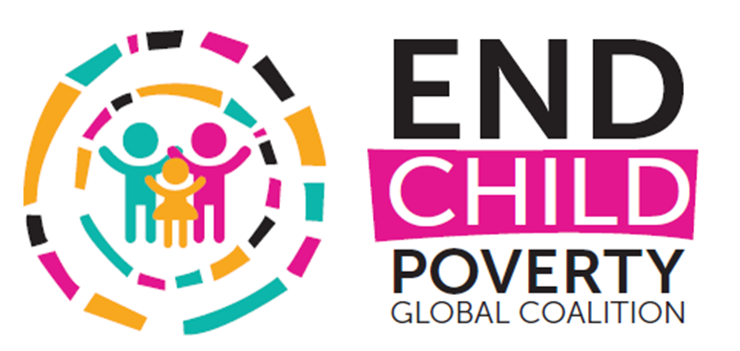How Gender Shapes Opportunities
Young Lives is an international study shedding light on the drivers and impacts of child poverty, and generating evidence to help policymakers design programmes that make a real difference to poor children and their families. We take the opportunity to hear from a Young Lives participant and hear how her family choose to prioritise her brothers education over her own.
When Harika was 13 she was selected for a national scholarship, but she also missed a lot of school because she was needed to help her family in the cotton fields. Now she is married and pregnant with her first child.
When it came to deciding on Harika's education it was her older brother who put his foot down and said she could not go. Her family accepted his argument that, "it is not good for girls to come and go everyday...and she has enough education". So Harika was kept at home to work the cotton fields and learn to use a sewing machine. For Harika this was a huge impact on her ambitions and dreams.
“I felt very sad, if I had been admitted to university I would not have married, I would have continued my education. Since I could not get admission, I stopped my studies and my parents arranged for me to marry”
Early marriage is more common in rural areas and in poor disadvantaged households. As long as people are poor, early marriage may continue to be seen as the rational option by many parents, who feel that girls have few choices and where boys education is favoured when financial resources are limited. Harika is determined to return to school, and her husband whose own mother is educated is supportive of Hirika's decision to learn. She believes that her mother in laws education likely has an effect on her husbands attitude to her gaining skills and furthering her opportunities.
“I have seen how my father and my paternal uncle behave, they never help their women with anything...but in my (new) house the men help...they all help because they are educated, they understand that one person cannot do everything”
Harika plans to return to school following the birth of her child.
Between 12-23 March the 62nd Session of the UN Committee on the Status of Women focuses on the “Challenges and opportunities in achieving gender equality and the empowerment of rural women and girls”. Check out information on side events being held by Young Lives and IDS;

